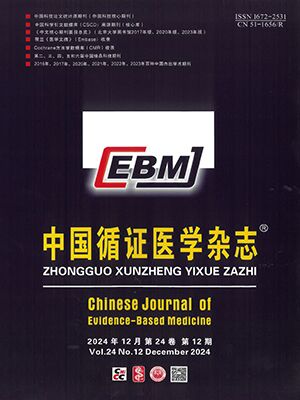Objective To investigate the attitude and its influencing factors of Henan provincial rural residents towards the partial usage of funds from the New Rural Co-operative Medical System (NRCMS) for the disease control and prevention, in order to provide evidence for policy making.
Methods In Henan province, 1 117 rural residents were randomly sampled with questionnaire from the 156 villages distributing in 44 townships of 19 counties (cities, districts). The frequency analyses, the multiple linear regression analysis and the one-way analysis of variance were conducted.
Results Among all the respondents, only 3.4% of the rural residents absolutely disagreed (Zero agreement degree score), 34.4% fully agreed (10 agreement degree scores), and 90.6% had agreement degree scores equal to or more than five. The agreement degree was direct proportional to NRCMS satisfaction degree. The agreement degrees from residents who were relieved from medical financial burdens by NRCMS were higher than the others. 13.2% of rural residents believed that NRCMS did not alleviate their medical financial burden. For the men and women who believed that their village general practitioner was timely at vaccination, their agreement degree was higher than the others who considered vaccination time was late or common. The “timely group” was alone a subset. The “late group” and the “common group” were homogeneous subsets. The proportion of those who answered that the vaccination timeliness at late or common reached 40.6%.
Conclusion The proposition to pay funds from the existing NRCMS for disease control and prevention is in line with the will of the majority of rural residents. The combination of disease control and prevention and NRCMS is a strategy in rural healthcare management. A bettering NRCMS and disease control and prevention are the basis of this policy in the future. More attention should be paid to the timeliness of the village general practitioners’ disease control work. It is necessary to perfect the NRCMS policy focusing on residents who hasn’t been relieved from medical financial burdens, so that more population will be benefited.
Citation: XUAN Zhidong,ZHAO Suqin,LIU Zhiyong. Attitude Investigation in Henan Rural Residents on Partial Usage of New Rural Co-operative Medical System Funds to Disease Control and Prevention. Chinese Journal of Evidence-Based Medicine, 2011, 11(8): 873-880. doi: 10.7507/1672-2531.20110148 Copy
Copyright © the editorial department of Chinese Journal of Evidence-Based Medicine of West China Medical Publisher. All rights reserved




